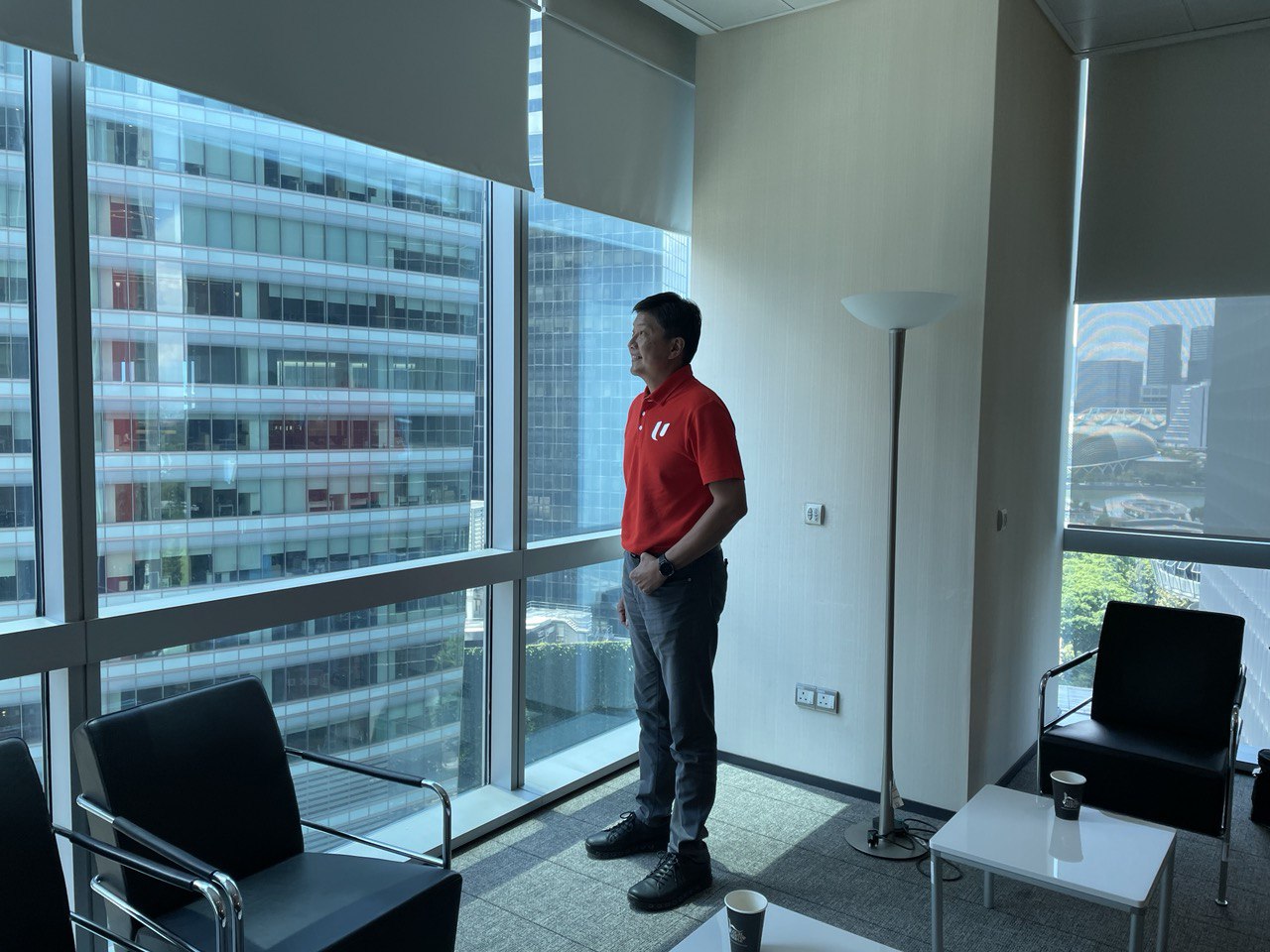Follow us on Telegram for the latest updates: https://t.me/mothershipsg
Ahead of Labour Day on May 1, National Trades Union Congress (NTUC) president Mary Liew and Secretary-General Ng Chee Meng released a May Day message focusing on the impact of the Covid-19 pandemic, and the need for the NTUC to help represent more workers from different segments of the workforce.
2021 marks the 60th anniversary of the National Trades Union Congress (NTUC) that was founded in 1961.
Protecting workers during Covid-19
When the economy suffered due to Covid-19, NTUC stepped in to help ensure the protection and fair treatment of workers.
In addition to negotiating with management partners to cut costs to save jobs, employers were persuaded to allow workers to take on part-time jobs or be seconded to other companies in order to allow them to continue earning a living and support their families.
NTUC also rolled out a number of initiatives to help affected workers. The SMART (Supporting jobs, Matching workers to jobs, Advocacy, cReation of jobs Training, and competency-building) strategy helped to preserve jobs.
Companies were guided with the Fair Retrenchment Framework on responsible retrenchment practices to ensure workers' rights were protected in times of inevitable job layoffs.
The NTUC Job Security Council minimised workers' unemployment period by facilitating a pre-emptive matching of displaced workers to new jobs. NTUC also encouraged companies and workers to leverage their downtime by training and ups killing workers in tandem with business transformation.
Furthermore, initiatives like the Company Training Committees and Operation & Technology Roadmaps helps better position workers and companies for business recovery when the economy picks up.
 Photo by Karen Lui.
Photo by Karen Lui.
Helping freelances, self-employed persons, & SME employees
Another impact of Covid-19 is the shift towards more independent working arrangements and boom in freelance jobs like food and package delivery.
The growing gig economy highlighted the needs of freelancers and self-employed persons (SEPs), namely the inadequacy in training opportunities and savings for healthcare and retirement.
NTUC stepped in to represent this group of workers and provide them with greater work-related protection and career progression.
Financial and training assistance such as the Self-Employed Person Income Relief Scheme and NTUC Training Fund (SEPs) were offered to tide them over the pandemic.
In their efforts to safeguard workers in small and medium-sized enterprises (SMEs), NTUC reached out to over 300 SMEs.
It will intensify outreach efforts in order to give these workers greater access to employment and employability assistance, and better wages, welfare, and work prospects.
Concern over older PMEs in 40s to 60s
The pandemic also exposed the vulnerability of certain worker groups such as local professionals, managers, and executives (PMEs), especially in the 40s and 60s, and lower-wage workers.
To assist with targeted assistance to these PMEs, NTUC and the Singapore National Employers Federation jointly set up the PME Taskforce in Oct. 2020.
The Taskforce identifies specific areas of support and assistance to strengthen PMEs' employment and employability through engagement with them, surveys, and examining their problems in greater detail.
The Taskforce will release its findings and recommendations on enhancing support for PMEs in the later half of the year.
Despite the adverse impact of Covid-19 on the economy in 2020, NTUC continued to push for expansion and acceleration of the Progressive Wage Model (PWM) to more sectors so more workers can benefit from skills upgrading, career progression and wage increases.
Top image by Karen Lui.
If you like what you read, follow us on Facebook, Instagram, Twitter and Telegram to get the latest updates.

